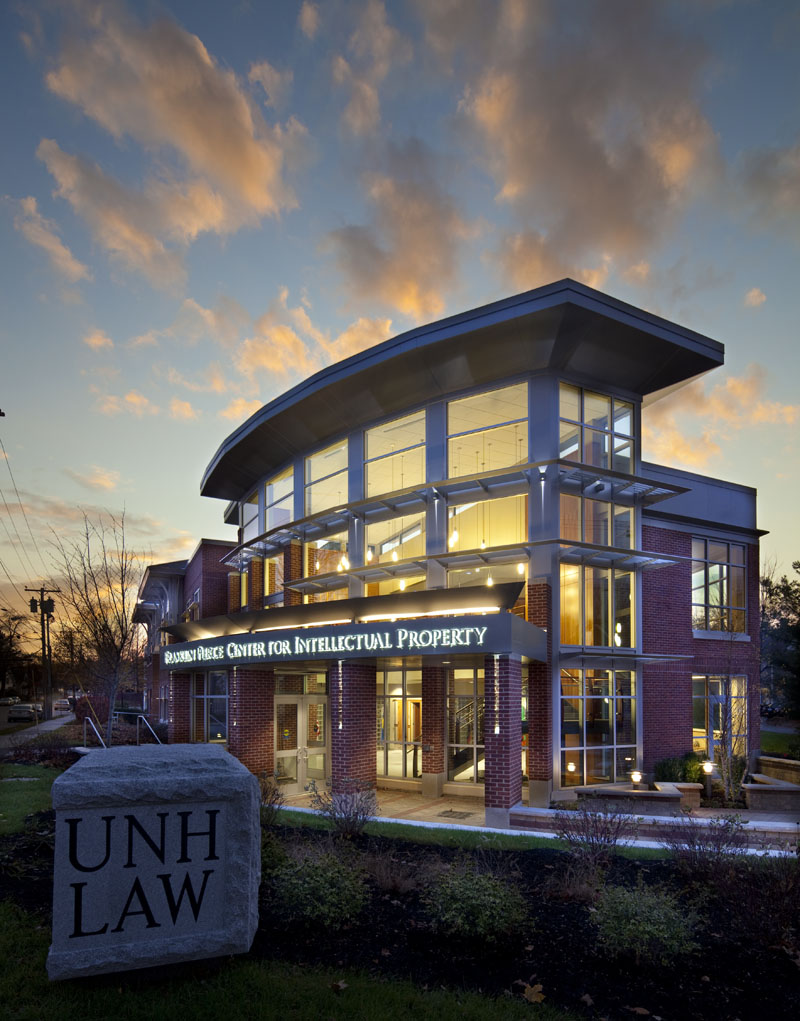Law School Considers Name Change Due To Racist Ties
At the University of New Hampshire Franklin Pierce School of Law, faculty are calling for the removal of “Franklin Pierce” from the law school’s name.
The law school faculty voted for the removal of the name after recent concerns were raised by students about the 14th president’s ties to slavery, nhpr reports.
Pierce served as president of the US from 1853 to 1857. While he never owned slaves and expressed opposition to the morality of slavery, he viewed federal action against slavery as an infringement on southern states’ rights, according to author and historian Peter A. Wallner.
“While he may have been a product of his time, he is not a historical figure worthy of the honor of having New Hampshire’s only law school, part of the state’s flagship public university, named after him,” a statement by faculty members reads.
DIFFERING OPINIONS
Of the 25 full-time law school faculty that voted, 12 supported a name change with six voting against it, one abstaining, and six not voting.
“This is a great example where we see reasonable, well-intentioned reasonable people with very different opinions on the matter,” Dean Megan Carpenter tells nhpr.
Dean Carpenter has previously supported reevaluating the law school’s name.
“I support these calls to reconsider our relationship to a historical figure who was a part of our country’s painful history,” Carpenter said in a statement back in June. “Our school has an incredible opportunity to become a meaningful part of the national dialogue. I’m personally inspired by the voices within our school community who are expressing their feelings on this issue.”
The task force assigned to the name change is expected to issue recommendations to Carpenter by the end of the month for how the law school plans to address racism, diversity, and inclusion at the law school.
In order to see an official name change, the university system’s board of trustees will need to make a final decision.
Sources: nhpr, boston.com, The Journal of American History


Questions about this article? Email us or leave a comment below.